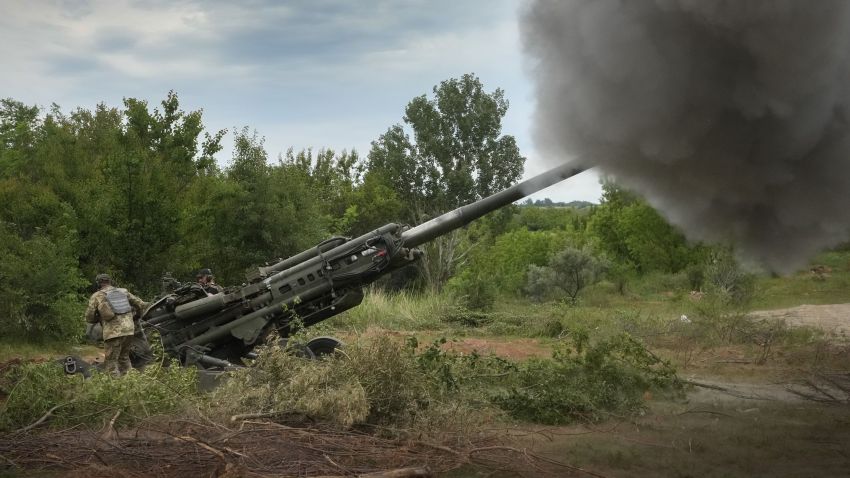Vladimir Putin’s declaration of a partial mobilization of Russia’s military reserves last week seems to have generated one of the only solid points of consensus over the war in Ukraine since the invasion was launched in February: The Russian president is desperate.
Facing military setbacks on the ground and diplomatic rebuffs in recent meetings with his Chinese and Indian counterparts, Putin decided nonetheless to double down on a war that increasingly looks to be destined for failure. This desperation, coupled with yet another vague nuclear warning on the part of the Russian president, has caused consternation in the West, and rightly so. Although a closer reading of Putin’s most recent and previous nuclear “threats” suggest they are framed through a defensive lens meant to deter Western aggression, the prospect of the war in Ukraine crossing the nuclear threshold demands seriously consideration.
This alarm has reawakened debates in the U.S. between those who advocate for continued robust U.S. military assistance to Ukraine and the need to decisively defeat Putin there; and those who argue for pursuing a negotiated settlement to the war as soon as possible to head off the risks of escalation—particularly nuclear escalation—between Russia and the West, even if a negotiated settlement includes unpalatable concessions to Russia.

